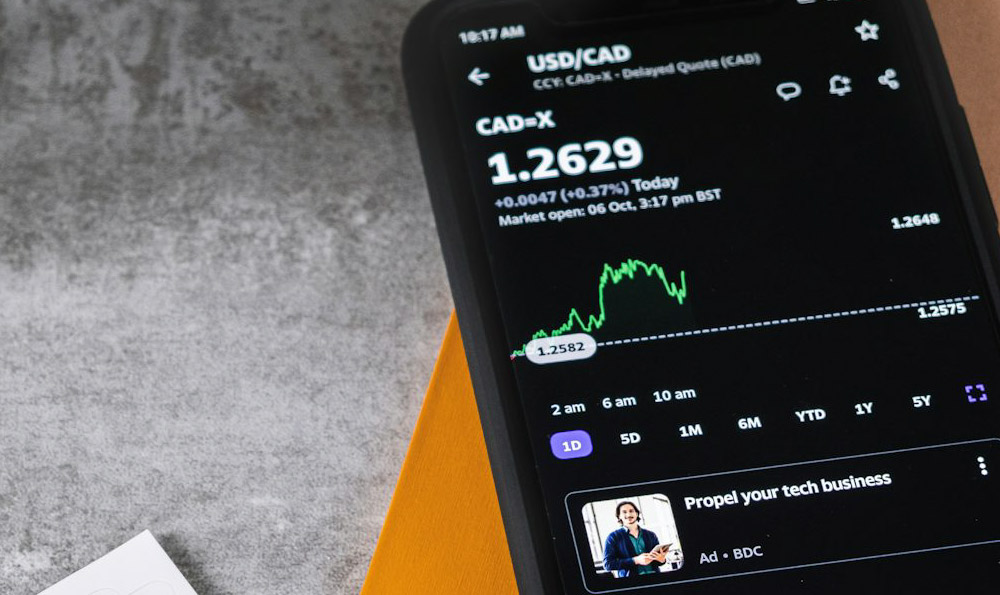Planning for your child's future is a significant responsibility, and exploring investment avenues, particularly within the dynamic world of cryptocurrencies, can be both exciting and daunting. It requires a blend of understanding market trends, assessing risk tolerance, and strategic allocation of resources. Here’s a guide to navigating cryptocurrency investments with your child's future in mind, focusing on responsible strategies and safeguarding against potential pitfalls.
Understanding the Landscape: Cryptocurrencies and Your Risk Profile
Before diving into specific cryptocurrencies, it's crucial to understand the inherent volatility associated with them. Unlike traditional assets like stocks or bonds, cryptocurrencies can experience dramatic price swings in short periods. This volatility can be both a risk and an opportunity, but it demands a cautious and well-informed approach. The first step is evaluating your own risk tolerance. Are you comfortable with the possibility of losing a significant portion of your investment in the short term? This self-assessment will guide your investment decisions and help you choose cryptocurrencies that align with your comfort level.

Building a Diversified Portfolio for Long-Term Growth
Diversification is a cornerstone of sound investment strategy, particularly in a volatile asset class like cryptocurrency. Avoid putting all your eggs in one basket. Instead, consider spreading your investment across several cryptocurrencies with varying market capitalizations and use cases.
-
Bitcoin (BTC): As the first and most well-known cryptocurrency, Bitcoin often serves as a foundational element in many portfolios. Its relative stability (compared to other altcoins) and established track record make it a relatively less risky option. Allocating a portion of your investment to Bitcoin can provide a degree of stability and long-term potential.
-
Ethereum (ETH): Ethereum's smart contract capabilities and its role as a platform for decentralized applications (dApps) make it a significant player in the cryptocurrency ecosystem. While still volatile, Ethereum offers potential for growth due to its innovative technology and expanding use cases.
-
Other Altcoins with Strong Fundamentals: Consider researching and investing in other cryptocurrencies that demonstrate solid technological foundations, strong development teams, and real-world applications. However, exercise caution and allocate a smaller percentage of your portfolio to these altcoins due to their higher risk profile. Researching projects that address tangible problems and exhibit long-term potential is key.
Dollar-Cost Averaging: A Strategy for Mitigation of Risk
Dollar-cost averaging (DCA) is a strategy that involves investing a fixed amount of money at regular intervals, regardless of the asset's price. This approach helps mitigate the impact of market volatility by averaging out your purchase price over time. Instead of trying to time the market, which is notoriously difficult, DCA allows you to buy more when prices are low and less when prices are high. This strategy can be particularly beneficial for long-term investments like those intended for your child's future. Setting a consistent schedule, whether weekly or monthly, and sticking to it will allow you to build your cryptocurrency portfolio gradually and manage risk effectively.
Custody and Security: Protecting Your Investment
Securing your cryptocurrency holdings is paramount. Choosing the right custody solution is a critical decision that directly impacts the safety of your investment.
-
Hardware Wallets: Hardware wallets are considered the most secure option for storing cryptocurrencies. These devices store your private keys offline, protecting them from online threats such as hacking and malware. Consider reputable brands like Ledger or Trezor.
-
Software Wallets: Software wallets are applications that can be installed on your computer or mobile device. While more convenient than hardware wallets, they are also more vulnerable to security breaches. Ensure you use strong passwords, enable two-factor authentication, and keep your software updated.
-
Exchange Custody: Storing your cryptocurrencies on an exchange is generally not recommended for long-term holdings. Exchanges are centralized targets for hackers, and there is always a risk of losing your funds if the exchange is compromised. Only use exchanges for trading and transfer your holdings to a more secure wallet as soon as possible.
Staying Informed and Adapting to Change
The cryptocurrency market is constantly evolving, so staying informed is crucial. Follow reputable news sources, read whitepapers of projects you are interested in, and participate in online communities to learn from others. Be prepared to adapt your investment strategy as the market changes and new opportunities emerge. Don't be afraid to rebalance your portfolio periodically to ensure it remains aligned with your risk tolerance and long-term goals. Continuously learning and adapting your strategy is vital for long-term success.
Tax Implications and Legal Considerations
Cryptocurrency investments are subject to tax regulations, which can vary depending on your jurisdiction. It's essential to understand the tax implications of buying, selling, and holding cryptocurrencies. Consult with a qualified tax advisor to ensure you are compliant with all applicable laws. Additionally, be aware of the legal and regulatory landscape surrounding cryptocurrencies in your country. Regulations are constantly evolving, so staying informed is essential.
Potential Risks and How to Avoid Them
-
Scams and Fraudulent Projects: The cryptocurrency space is rife with scams and fraudulent projects. Be wary of promises of guaranteed returns or unrealistic profits. Always do your own research and invest only in projects that you understand and trust. Red flags include projects with anonymous teams, unrealistic promises, and lack of transparency.
-
Market Manipulation: The cryptocurrency market is susceptible to manipulation. Be aware of pump-and-dump schemes, where prices are artificially inflated to attract unsuspecting investors who are then left holding the bag when the price crashes.
-
Volatility: As mentioned earlier, volatility is a significant risk in the cryptocurrency market. Be prepared for price swings and avoid investing more than you can afford to lose.
Consider a Custodial Account for Minors (with Caution)
While directly investing in cryptocurrency for a minor presents custodial challenges, explore avenues like setting up a custodial account that allows you to manage the investments until your child reaches a certain age. This is a complex area. Ensure compliance with all legal requirements. As the crypto space is so new, the legal and financial systems have not caught up. Consulting with a financial advisor regarding trust and legal structure would be highly advisable.
Investing in cryptocurrencies for your child's future requires careful planning, diligent research, and a commitment to long-term growth. By understanding the market, managing risk, and prioritizing security, you can potentially build a valuable asset that will benefit your child in the years to come. Remember to prioritize financial literacy for your child to prepare them for a future where digital assets are more prevalent.












